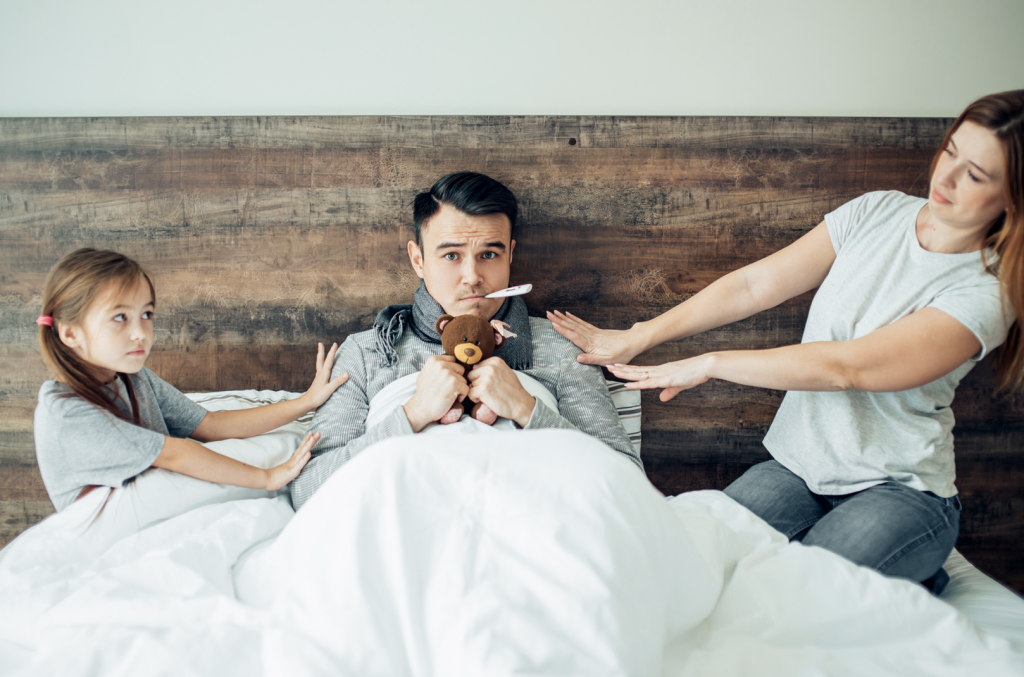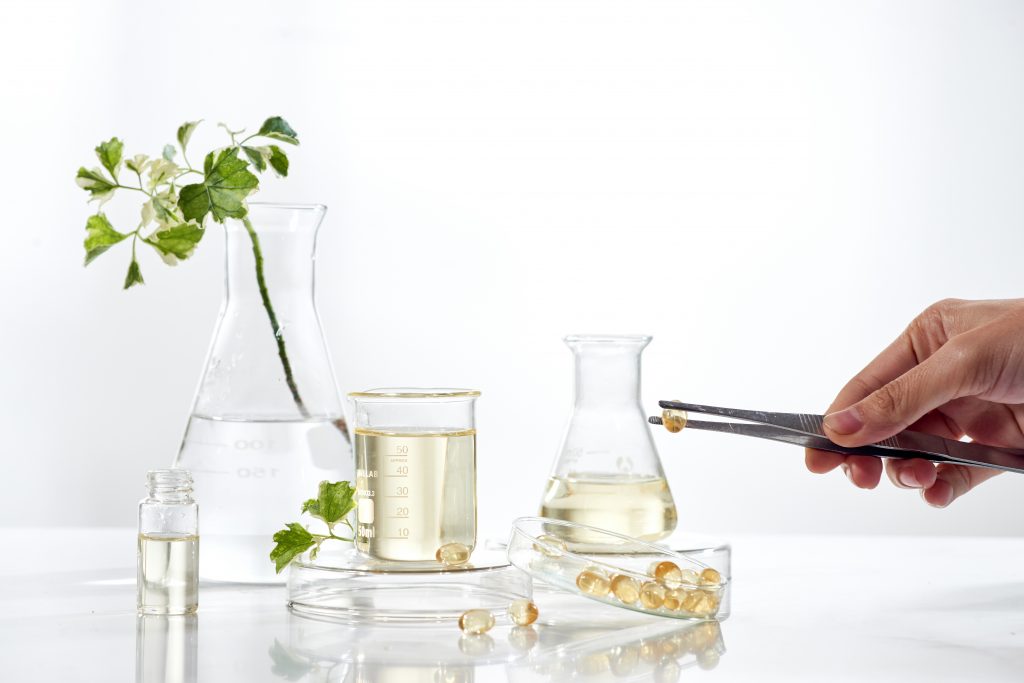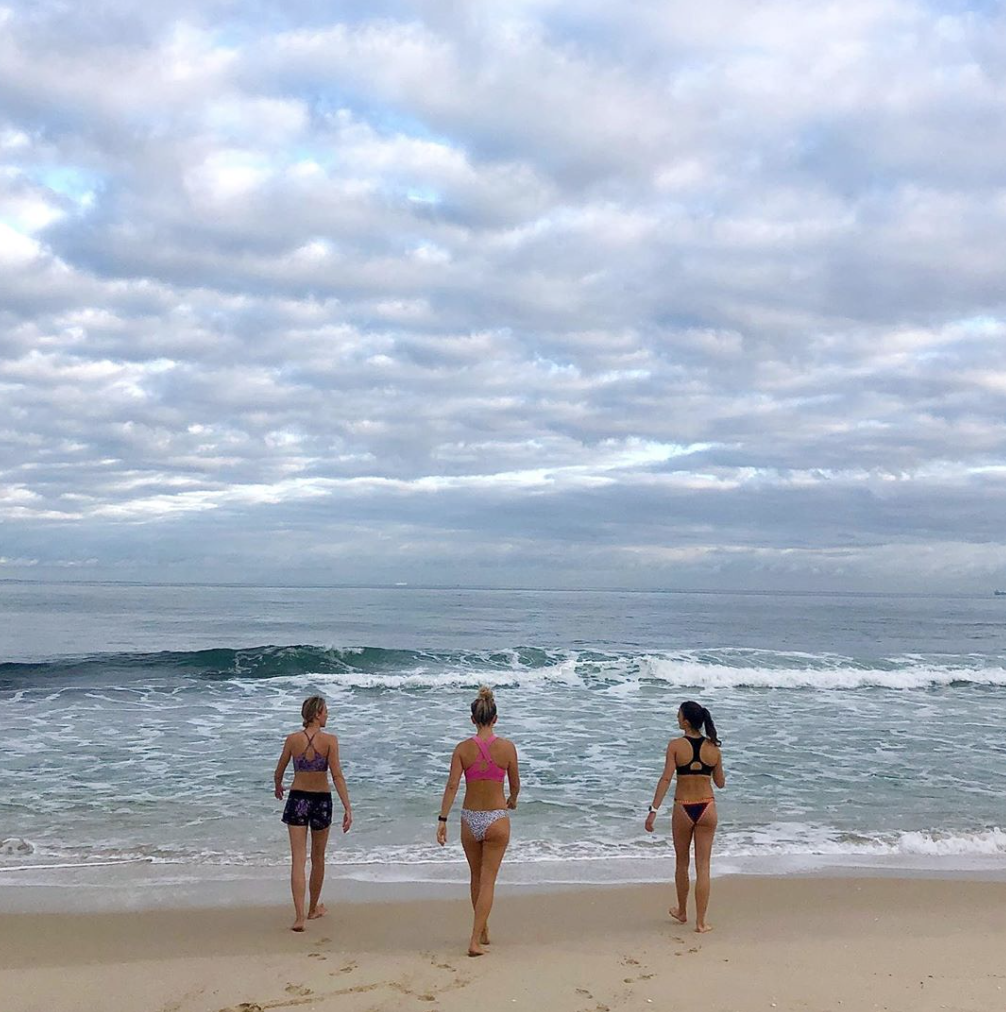Can you 'catch a cold'?
June 14, 2020 | by wp-katebarnes | 0 comments
Our son had a cold coming on recently and was wondering why?
After some thought, he found solace in his answer and named a couple of buddies at school with colds. He must have 'caught' it from them... Mystery solved.
It's instant for us to look outward for a solution.
In our son's mind, it was nothing to do with him. Fair enough. Because without thinking twice, it's how we've been conditioned or taught i.e. to look to others to help us recover, to give them the responsibility.
In this instance;
1. He blamed his class mates for his cold. Was it really their fault?
2. He 'caught' the cold. As though it was inevitable. Or was it?
Both thoughts cast blameexternally and weren't to do with him. Rather he was a victim of an external force outside his control. A sickness, definitely unrelated to the lollies he'd got into the previous weekend with his buddies, or his preference for sweeter foods over savoury!
As a generalisation this 'external' way of viewing illness is what we've been taught to believe over many, many years. Yet is it valid?
It's a view that's come about with our acceptance of 'germ theory' i.e. the germ is to blame for making us sick. The germ must be eradicated or targeted for us to be well.
But do germs make us sick? Or do we 'catch colds'? ... Maybe not. It's worth questioning.

A quick visit back in time.
Specifically, 1822 - 1895 when Louise Pasteur discovered 'germ theory'. Prior to this the theory of disease was known as Miasma Theory, caused by 'a noxious form of "bad air".
Miasma theory had been around for hundreds of years and needless to say, germ theory was dismissed by the establishment when it was discovered and took many years to be accepted.
A transitional period began in the late 1850s. By the end of that decade, the miasma theory was struggling to compete with the newly accepted germ theory of disease.
Germ theory explains our current way of thinking about illness i.e. certain diseases are caused by the invasion of the body by germs / microorganisms. French chemist and microbiologist Louis Pasteur, English surgeon Joseph Lister, and German physician Robert Koch are all given the credit for popularising the theory & our common acceptance of it.
Germ theory says to treat the cause / the invasion, the germ must be targeted and eradicated, commonly with medication. To be well an external solution is required, with barely if any, responsibility necessary by the individual. Makes sense.
However this theory raises some questions e.g.;
- Why do some people get sick and others don't, when they've been exposed to the same germs?
- Or why are some people more sick or sick for a longer period of time?
- Or others barely miss a day of work or school even though they're exposed to the same germs?
You will have noticed this difference in susceptibility or immunity in your own family. Some get sick and others don't. Like my son last week. He was the only one of us who 'caught' his cold.
We've seen it with Covid-19 too. While people have died and any loss of life is devastating, approximately 96% of the population to date, conservatively, who contract the illness will recover, with many people showing no symptoms.
How does germ theory explain these questions?
Another theory, terrain theory can help explain them better.
'Terrain theory'.
If you haven't come across it - terrain theory arose around a similar time to germ theory but at the time, was discarded to the rubbish bin!
Antoine Béchamp (1816–1908) was a contemporary of Louis Pasteur. While they were contemporaries, history also shows they had major differences in their views on biology and disease, which lead to a long rivalry!
Béchamp’s discoveries led him to conclude that our bodies are, in effect, “miniecosystems.” And when our internal ecosystem becomes weakened—whether due to poor nutrition, toxicity or other factors—it changes the function of the microbes that are naturally present in the body, and as a consequence, produce disease, (and linking in with all the current research on the microbiome).
In other words, Béchamp’s research showed that microorganisms only become pathogenic AFTER environmental factors cause the individuals cellular “terrain” to deteriorate or weaken.
Answering questions.
1. It answers the question, why some people fall ill and others don't, even when exposed to the same germs.
2. It goes a little way to explain WHY some of us have a stronger immune system than others and therefore a greater capacity to 'fend off' disease more easily.
3. It works at allowing us to understand potential root cause, rather than symptom identification alone.
With terrain theory, responsibility for illness lies within the individual, NOT an external force i.e. with the virus, the illness, bacteria OR the child with the cold. However, just like when germ theory was first discovered, this theory can be hard to accept, and hasn't been popularised, but is gaining momentum.
Terrain theory is preventative medicine. When the terrain is healthy, we don't succumb so heavily to illness. It means true health IS in our hands - nobody elses.
And given all that we're learning about the microbiome and virome- it makes sense.
It raises another question, why if both theories arose at similar times, did germ theory become so readily accepted over terrain theory?
I don't know for sure. The cynic in me thinks of the neat fit of a hand in a glove...

Hand & Glove.
There were a couple of other events that happened at around the same time these theories were discovered, that fit like a hand in a glove with germ theory;
1. At a similar time i.e. 1880's - 1920s the split between allopathic and alternative medicine occurred.
2. In the mid 1800's the industrial production of medicine first occurred, producing patented medicine from 1842, and the world’s first factory for producing only medicines was in 1859.
In today's world, just 150 years later, the pharmaceutical industry is one of the world's most lucrative with alternative medicine being a poor, second rate cousin. It never used to be this way. My understanding is these two forms of treatment ran along side each other for hundreds of years.
At the same time, today as a race we have never been sicker, especially our children. 1 million children in the USA alone with autism. Chronic illness, auto immunity, mental health issues all on the rise. Why? Is it time for a fresh perspective on sickness?
Has 'germ theory' and the consequential eradication of germs come at an incalculably high price? Has it;
- Allowed us to unwittingly outsource our health?
- Meant it's easier to take our health for granted knowing a quick fix awaits at the Doctors office or chemist?
- Given us a disregard (skepticism even) for food and lifestyle choices that help illness become preventable and less debilitating?
- Fuelled the belief, that the remedy should be instant and found in a medication to treat the pathogen first and foremost, rather than nourishing a healthier terrain (mind and body) first and foremost?
Terrain theory might make sense but it doesn't make cents.
A cynical view, yet maybe at the time of these discoveries in the mid 1800's, the lure of a potential 'quick fix' along with the financial and economic reward outweighed the idea of prescribing patients with some healthy lifestyle advice?
Food and lifestyle choices are powerful and cost effective, especially those that give us the most bang for buck. For example;
- Sunshine. Our best source of Vitamin D for strong immunity, (especially in regard to Covid), hormone health and mood.
- Movement. Imperative for strong oxygenation and blood flow i.e. respiratory and circulatory health. Some research has shown those that are more active are also more resistant to Covid-19.
- Outdoors / fresh air. For resetting our biological and circadian rhythms and much more.
- High quality water. Enabling the vital intercellular communication within our bodies and energy via ATP within every cell.
- Fresh, whole foods. Providing the essential nutrients necessary for development, maintenance and repair.
- Laughter and play; and so much more.
Things aren't always what they seem.
It's our instinct to trust what we consider 'normal' or the science, to outsource responsibility but as shown above perhaps there's another story worth exploring & that may in fact give us more control than we realise we ever had, and is better for our vitality, happiness and our bank account in the long term?
There are no doubt many explanations science is yet to consider in regard to why we get sick. This is my personal research and I hope in sharing it, helps you discover which choices work best for your families vitality, health and happiness. I invite you to do your own research. Question everything, (even the above), because things aren't always what they seem or what we've been lead to believe.
p.s. happy to say our sons' cold didn't eventuate. He was a bit snuffly for a day and that was it. No runny nose or cough developed and no-one else 'caught' his cold! I share all about how I keep our family healthy & thriving in my next event, 'Why kids get sick'. Details https://www.katebarnes.com.au/no_more_sick_kids_workshop come along LIVE or ONLINE. Join me.

